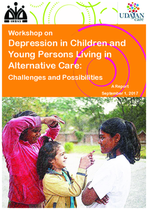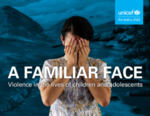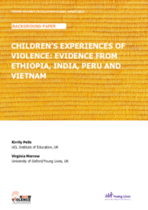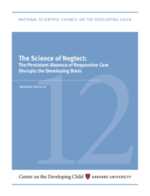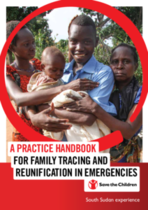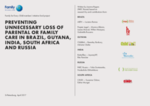Workshop on Depression in Children and Young Persons Living in Alternative Care: Challenges and Possibilities
This document provides a full report of the workshop on “Depression in Children and Young Persons living in Alternative Care: Challenges and Possibilities.”

